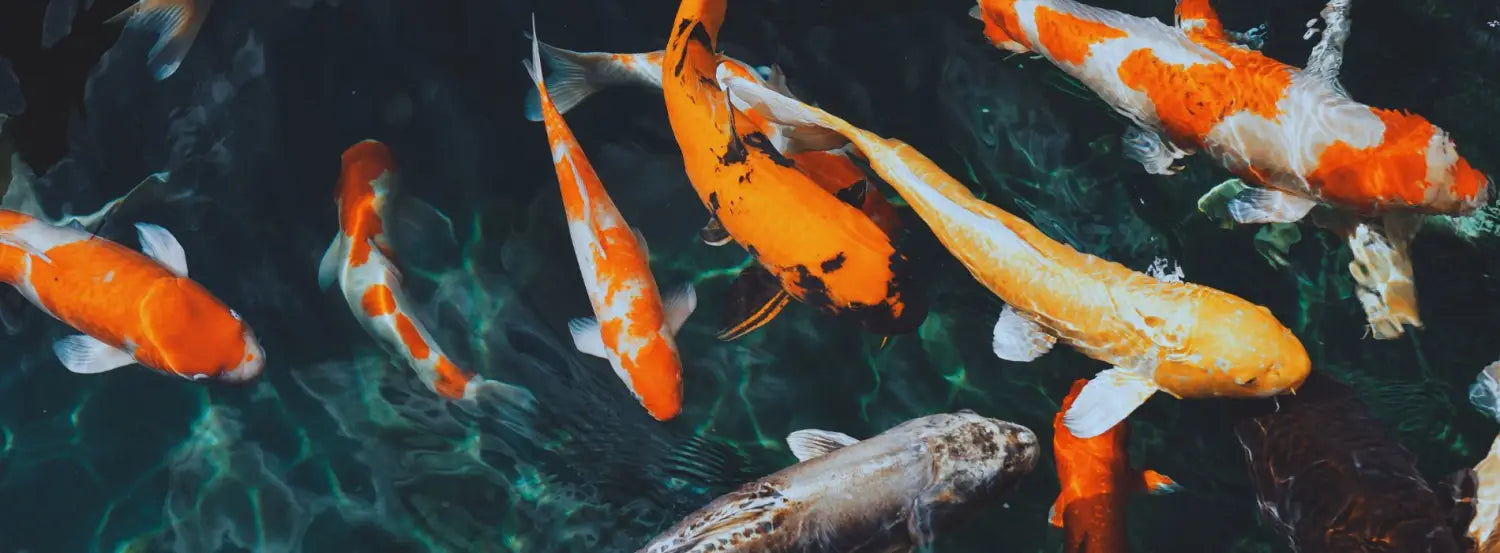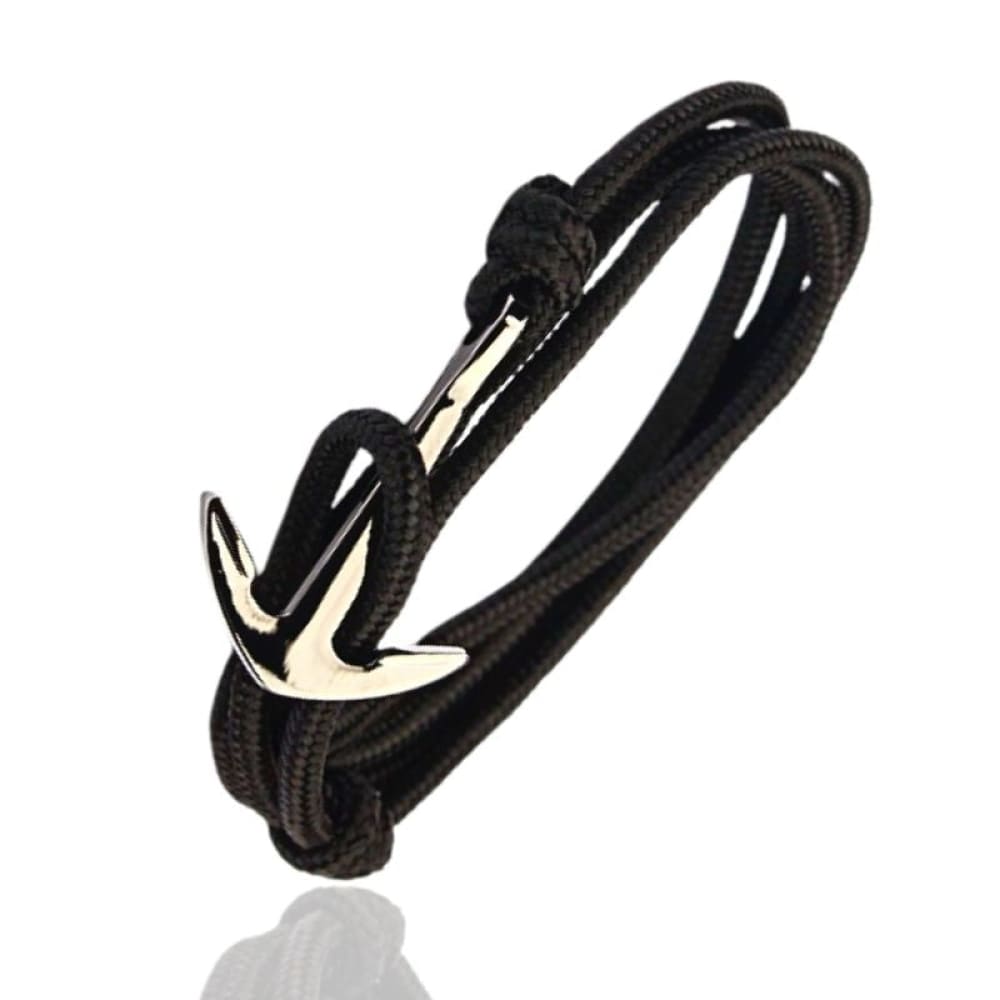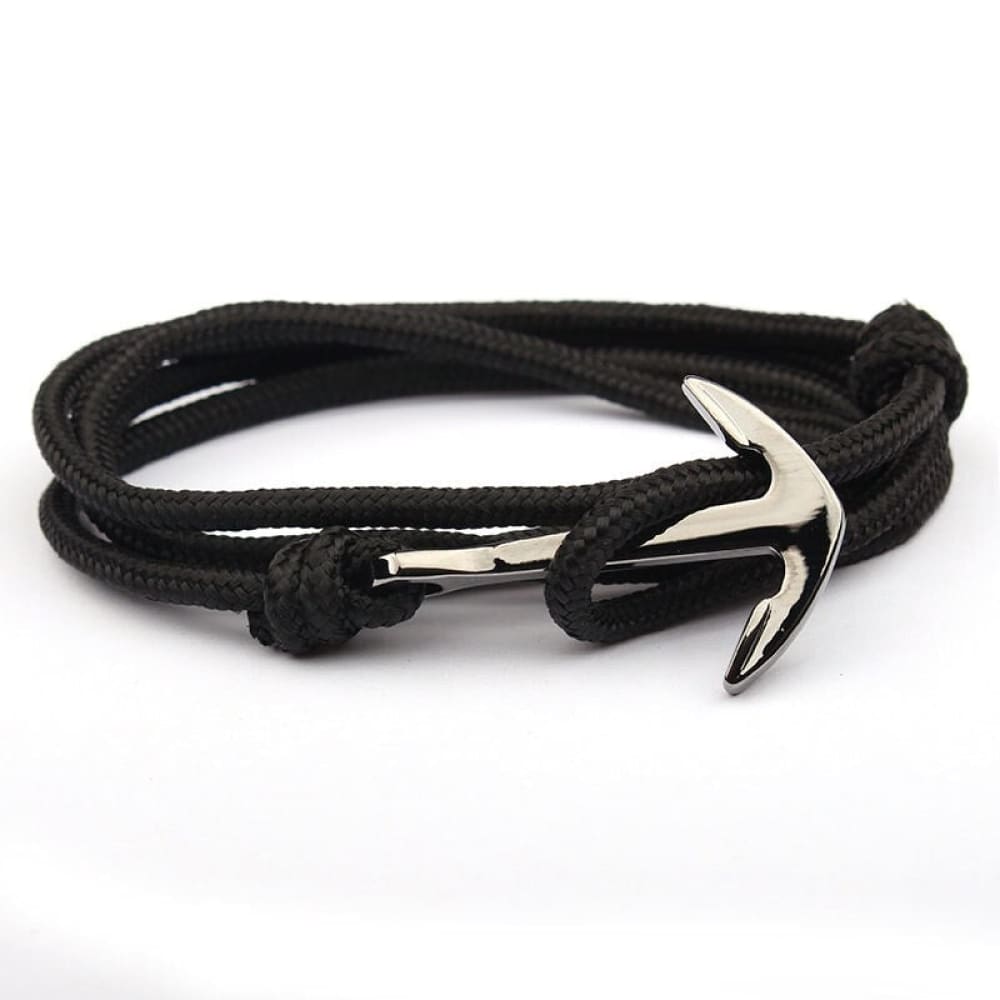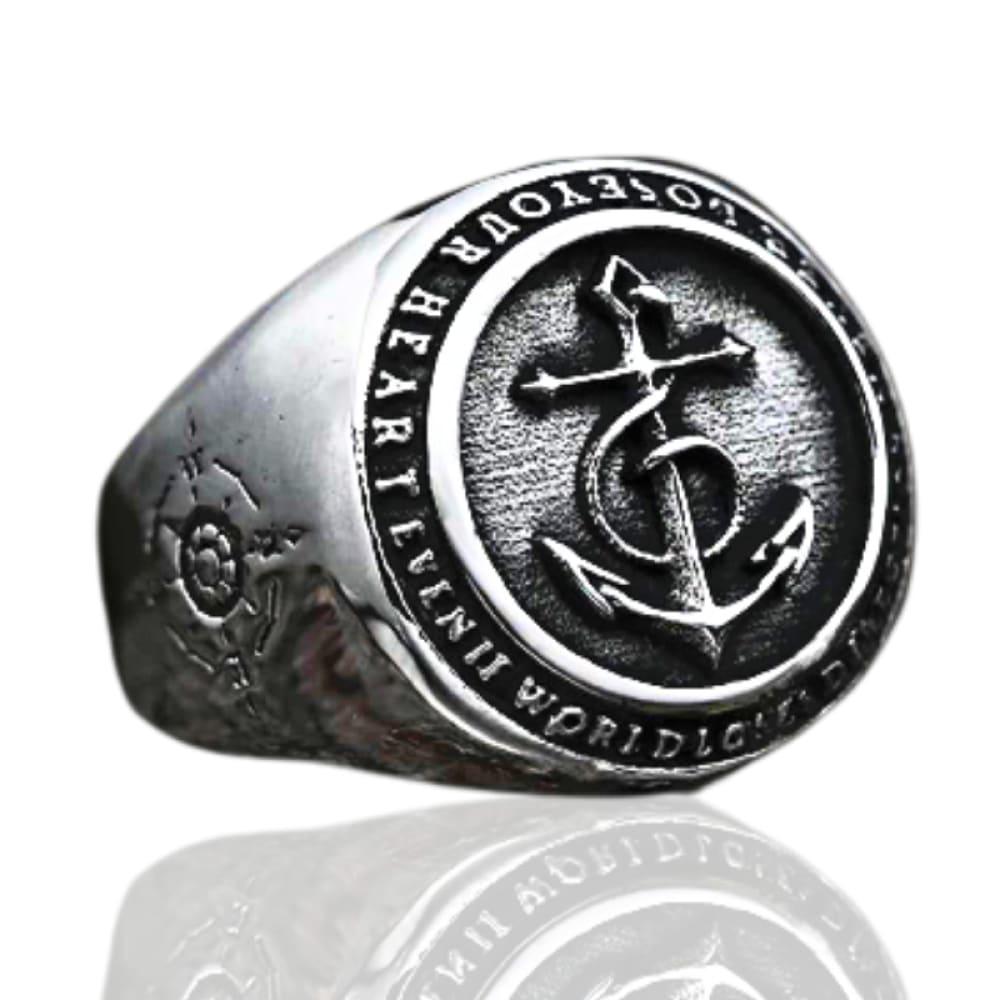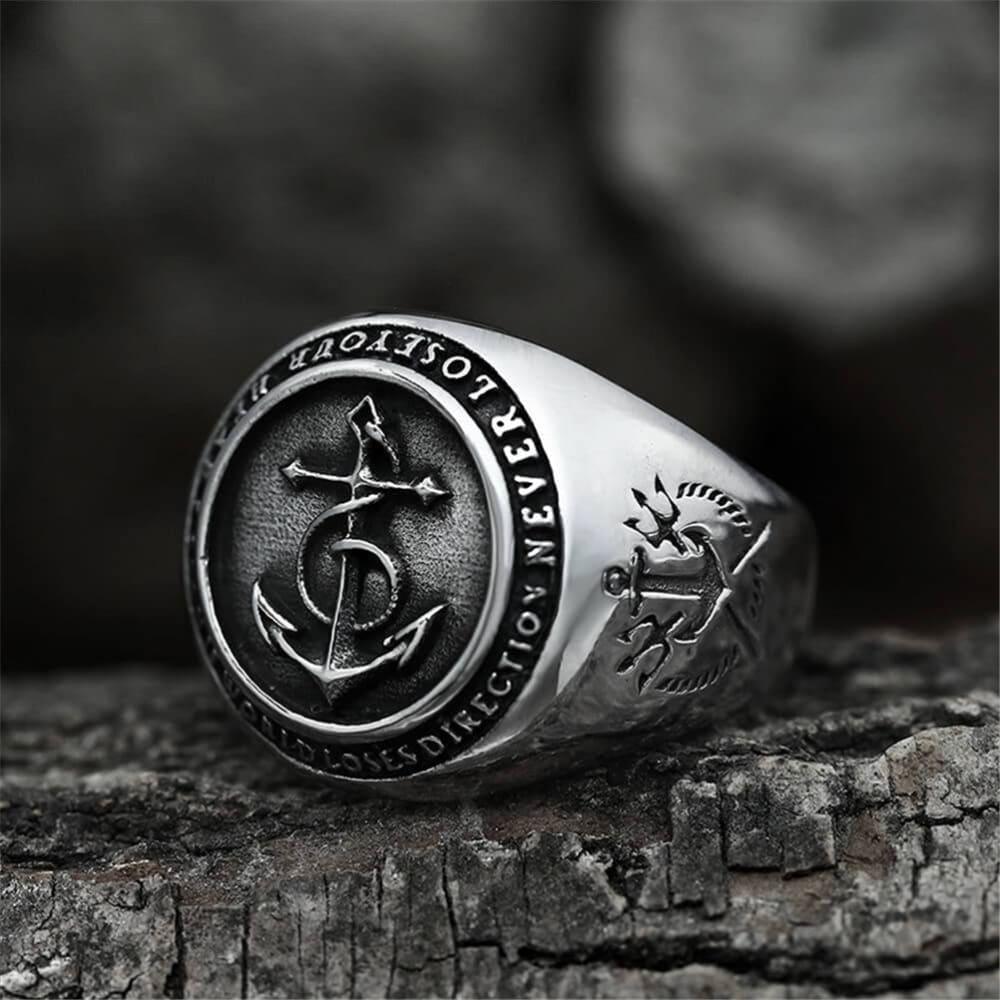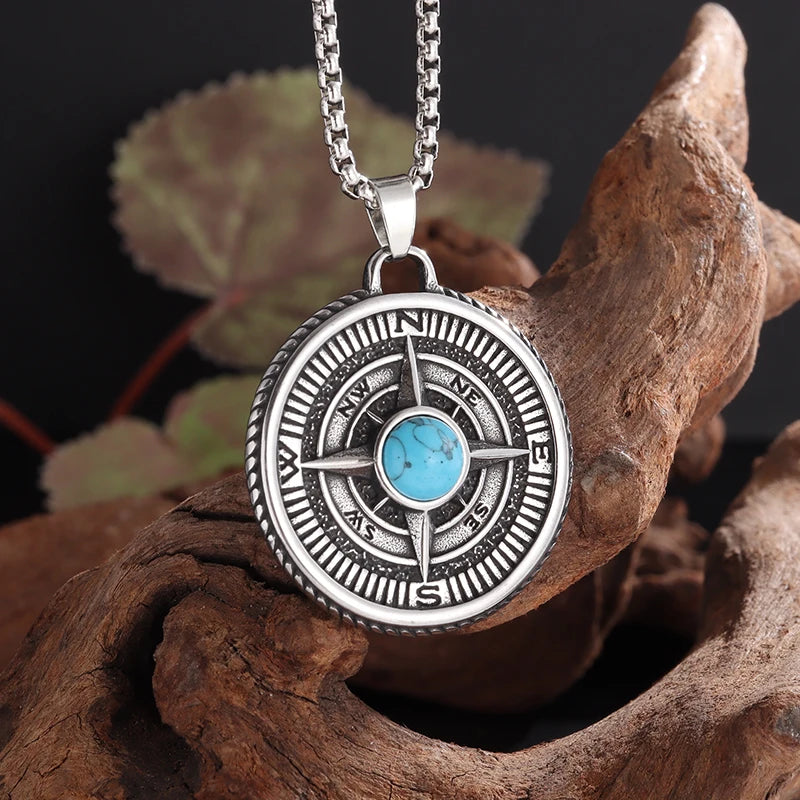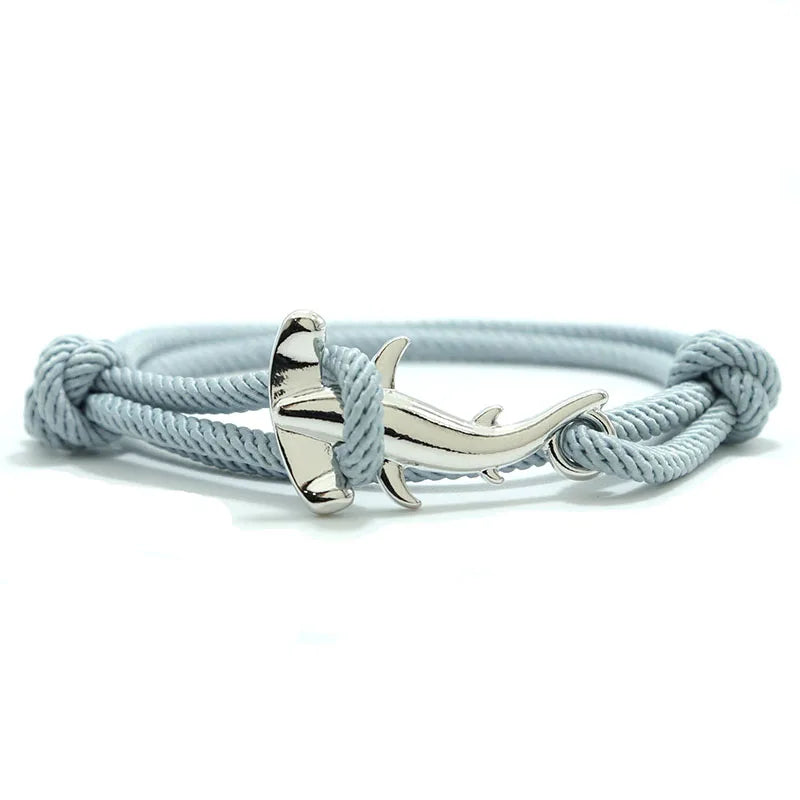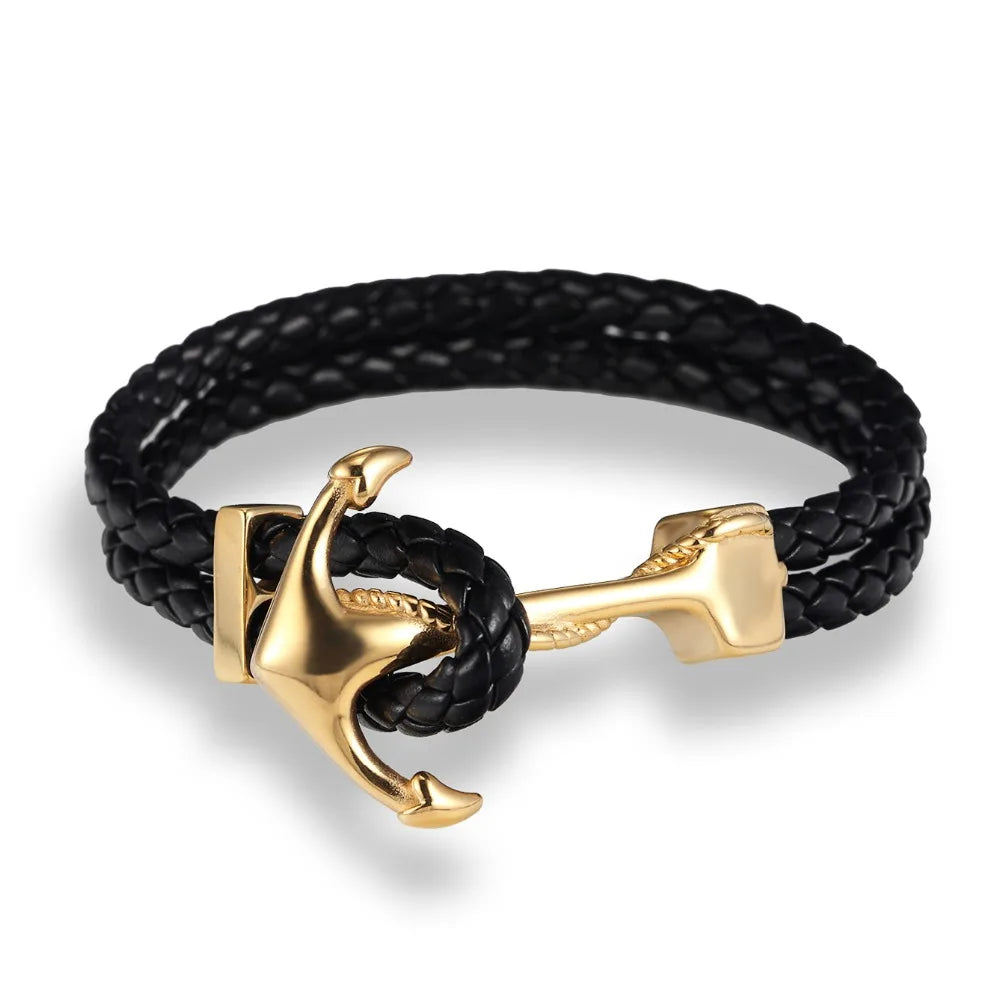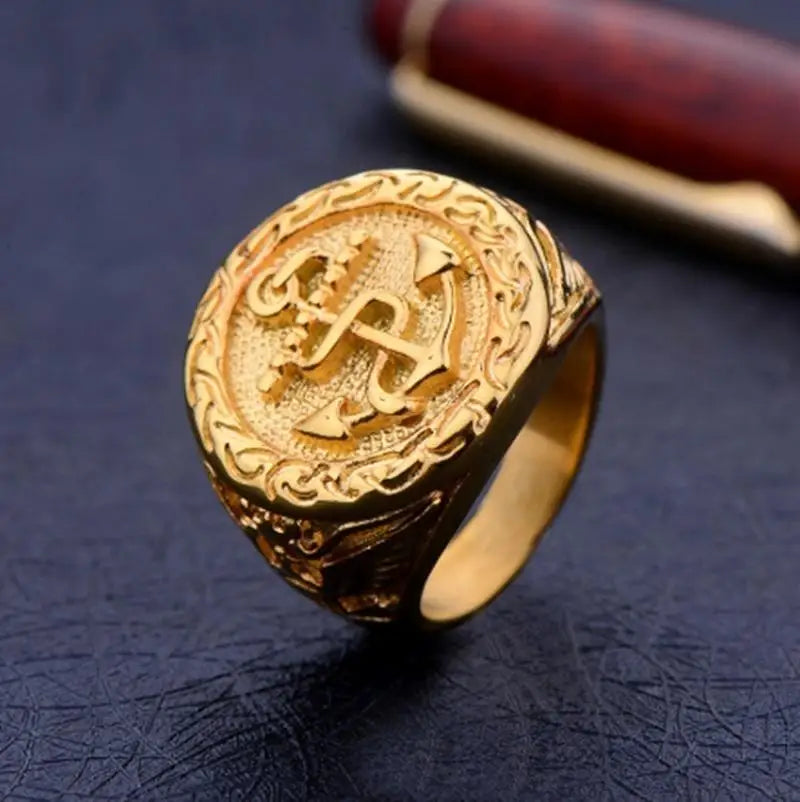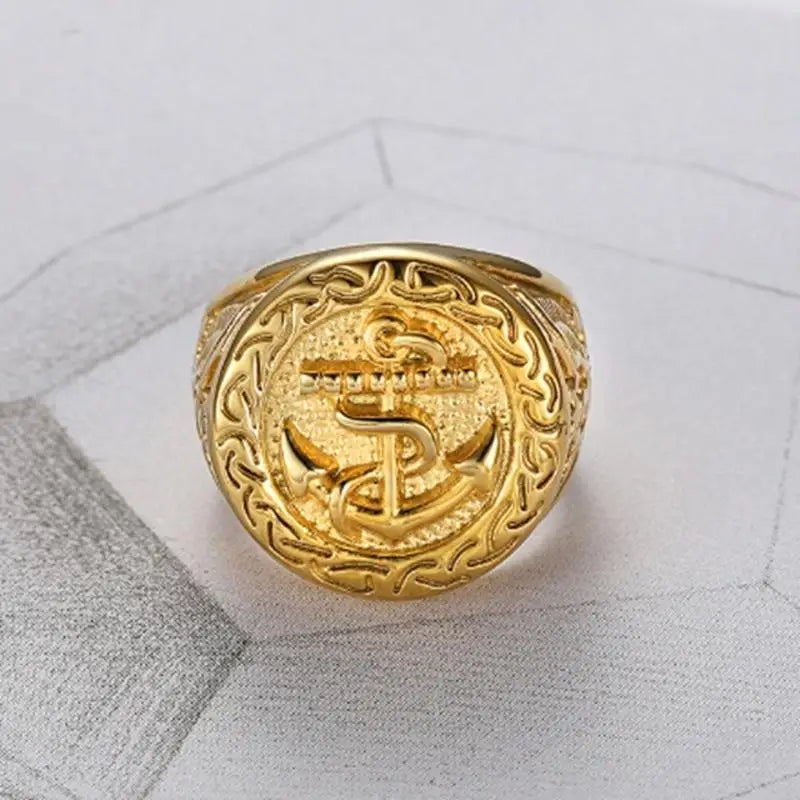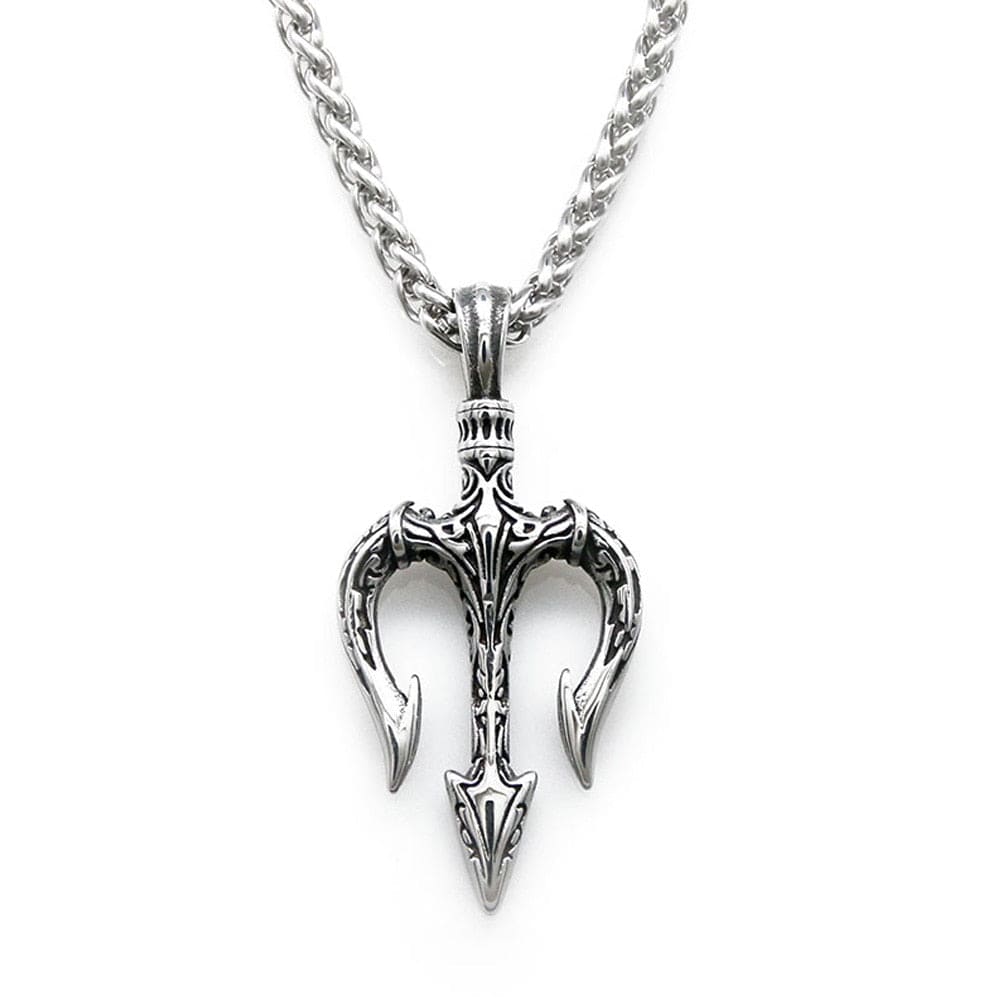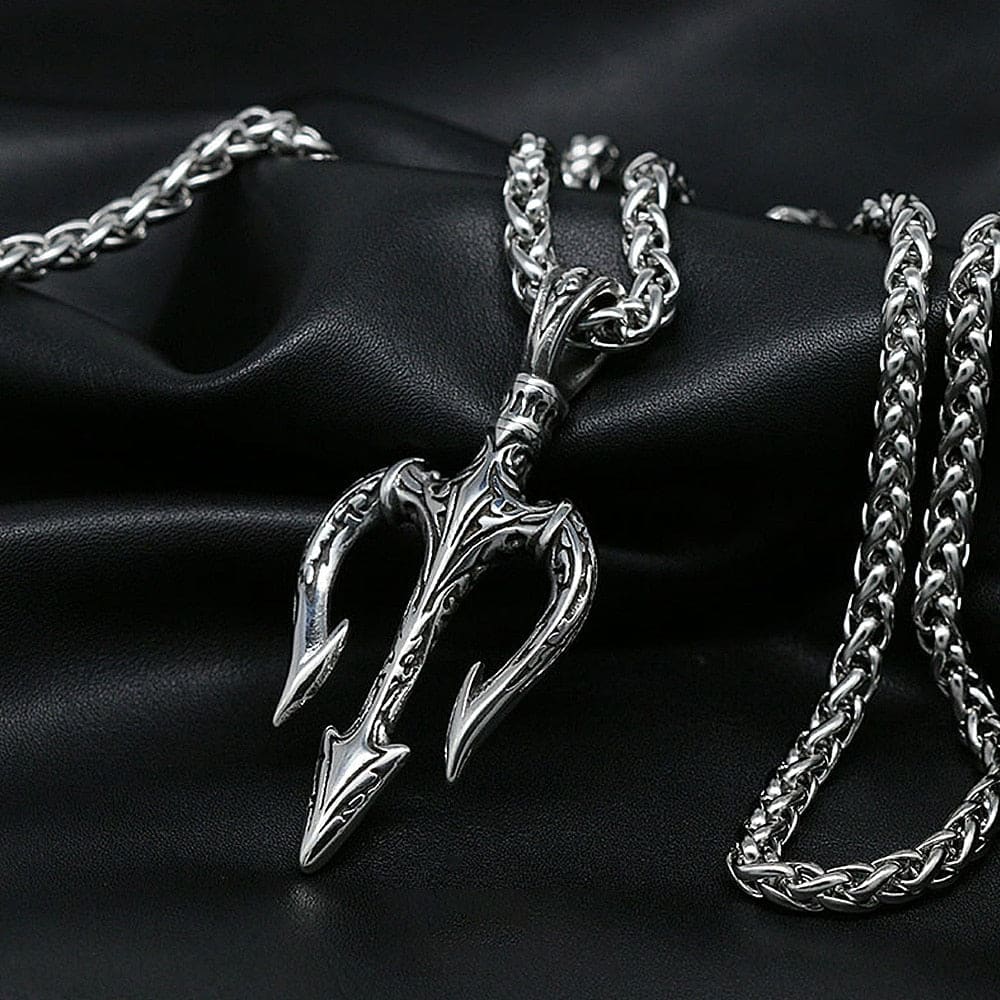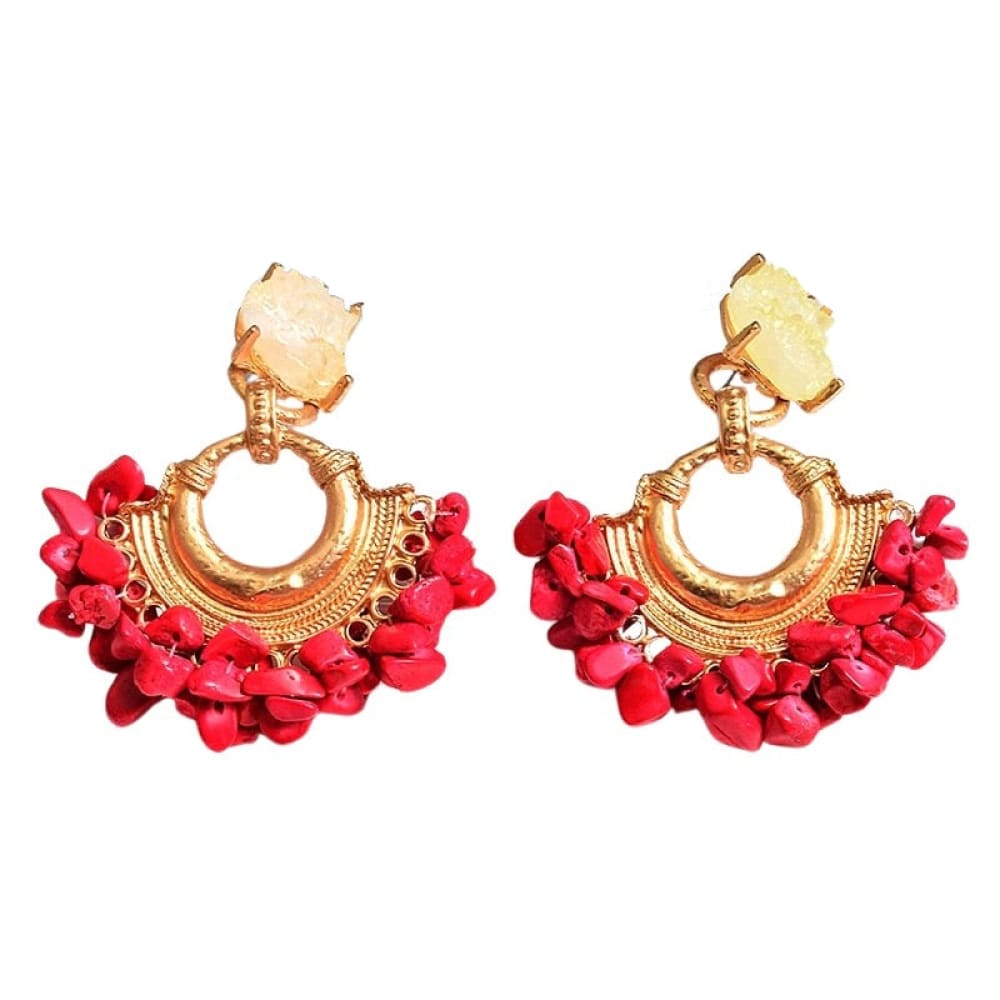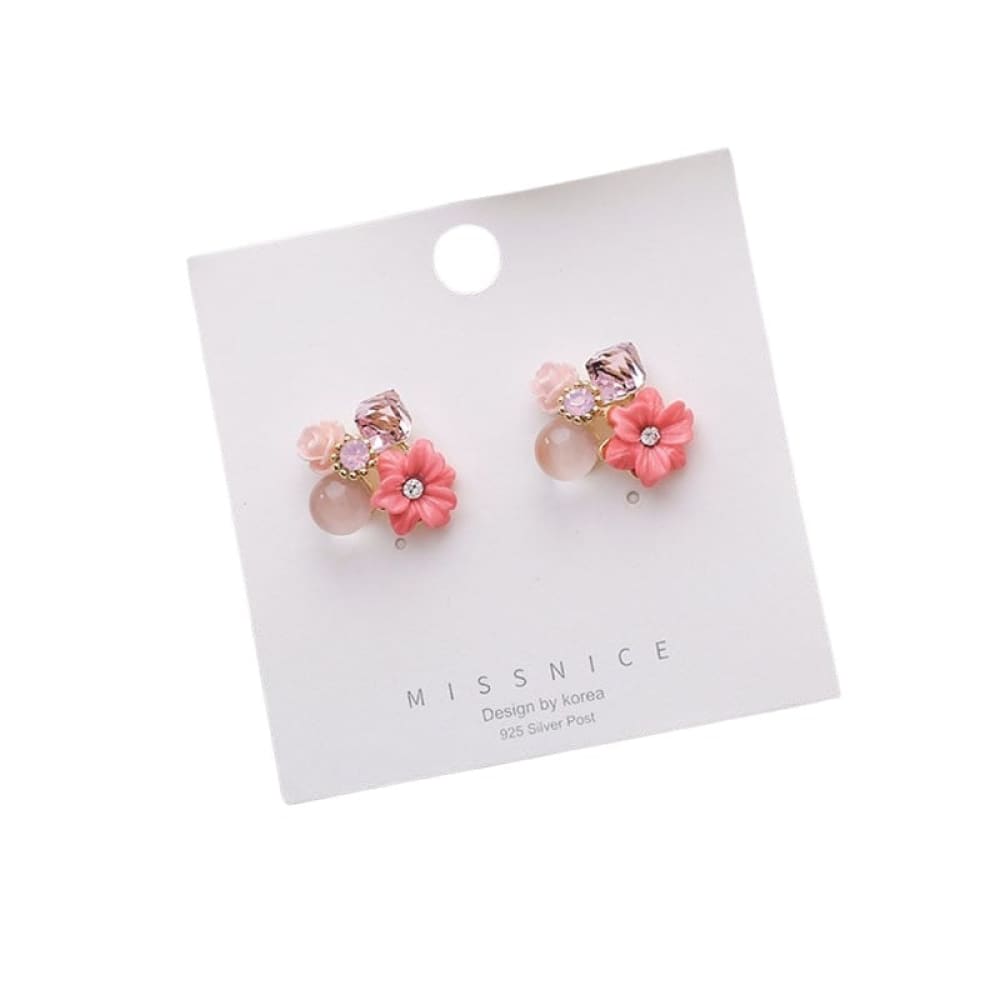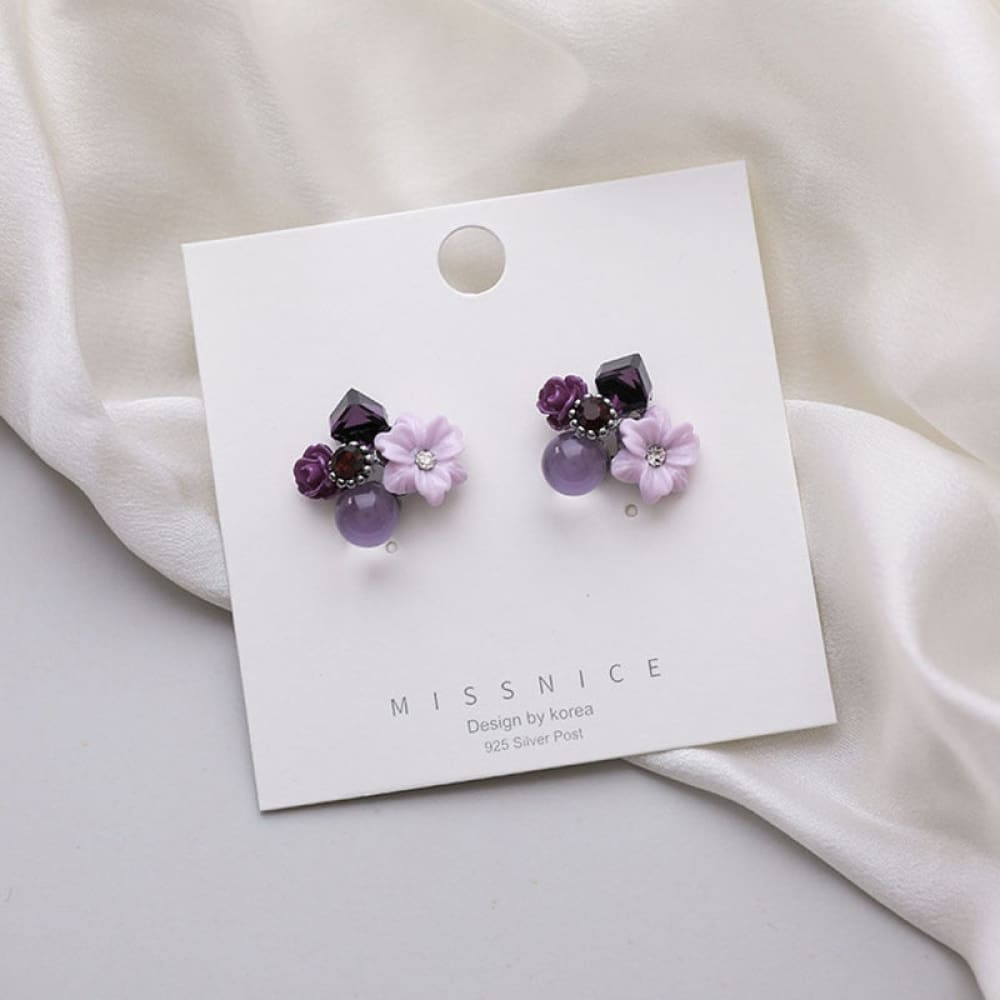They have always held a special place in Chinese culture and mythology. They are not just creatures of the sea; they carry deep symbolism and cultural significance. The Chinese word for fish, "yu", is a homophone for "abundance," "plenty," and "affluence." As a result, these animals have become a powerful symbol of wealth and prosperity in Chinese society. In this article, we will explore the rich folklore surrounding these wonderful creature in Chinese culture, their symbolism, and the legends associated with them.

A Symbol of Wealth and Abundance
In Chinese culture, fish are highly regarded as a symbol of wealth. The Chinese character for them, "yu", is pronounced similarly to the word for "abundance" and "surplus". This homophonic connection between them and abundance has made them a popular symbol of prosperity and good fortune. It is no wonder that during Chinese New Year, their dishes are an essential part of the celebratory feast, as they represent the wish for a year filled with abundance and prosperity.
The association between fish and wealth is also reflected in traditional Chinese artwork and decorative motifs. Paintings and sculptures often feature images of these creature to convey the idea of affluence. The depiction of a child with one, for example, symbolizes the wish for an abundance of high-ranking sons. They prints were commonly given as wedding gifts, signifying the hope for a prosperous and wealthy union.

Fish and the Dragon: A Powerful Symbolic Connection
In Chinese mythology, the dragon is considered the head of the fish clan. This association between them and dragons is particularly evident in the legend of the Carp leaping the Dragon Gate. According to tradition, carps that can swim upstream and leap over the falls at the Dragon Gate on the Yellow River will be transformed into dragons. This motif symbolizes success in the civil service examinations and is often used to represent personal growth and overcoming obstacles.
The dragon's connection to these creature extends beyond the legend of the Dragon Gate. In Chinese culture, the dragon is a symbol of power, strength, and good luck. The dragon's ability to control water, combined with these animal's association with abundance, makes this symbolic connection even more potent. The image of a dragon and them together represents the union of power and prosperity, creating a powerful symbol of success.

Fish and Flowers: Expressing Wishes for Affluence
In Chinese culture, they are often depicted in combination with flowers, particularly lotus blossoms. This combination represents the wish for a life of affluence and abundance. Theme and lotus-blossom motif, known as lian nian you yu, conveys the desire to live in prosperity year after year. Similarly, the image of a boy with this sea animal beside a lotus symbolizes the wish for ongoing abundance throughout the year.
Fishes as Omens: Foretelling the Future

In ancient Chinese literature, the behavior of fishes in water was believed to foretell future events. An abundance of them in the water was seen as a sign of a good harvest, while they swarming up the rivers' shoals was interpreted as a harbinger of civil unrest and rebellion against social order. This belief in the prophetic nature of this creature showcases the deep connection between mythology, nature, and human affairs in Chinese culture.
Fish and Religion: Symbols of Sacrifice and Salvation
Fishes hold religious significance in Chinese culture. They were often used as sacrificial offerings to the gods, particularly the god of riches. Their heads, known as yutou, were believed to symbolize the beginning of wealth and were offered as a gesture of gratitude. Additionally, fishes are an integral part of Buddhist symbolism. The golden ones, which comes in pairs, represents fertility and salvation from suffering.

Fish as Symbols of Marital Bliss and Sexuality
They also hold strong connotations when it comes to marital bliss and sexuality in Chinese culture. The phrase "fish and water come together" serves as a metaphor for sexual intercourse. A happily married couple is described as having "the pleasures of these animal in water," symbolizing sexual harmony and mutual pleasure. In ancient China, the word for fish, "yu," also had a secondary meaning: penis. The image of them swimming together was a popular wedding gift, representing the desire for a harmonious and pleasurable sexual relationship.
They also represent a strong symolism to other culture around the world: rebirth, fertility, the unconscious or higher self, luck, change, health and feelings. Beacause of that, it is commom to see somebody expressing their specials means with jewelry. One of the most popular example is the awesome fish earrings for the women ! There are lots of popular models out there, for this reason, we will show the you the people's favorites pick.
The Myth of the Carp Leaping the Dragon Gate
One of the most famous representative in Chinese folklore is the Carp leaping the Dragon Gate. According to the legend, carps that can swim upstream and leap over the falls at the Dragon Gate on the Yellow River will be transformed into dragons. This story symbolizes the pursuit of success and overcoming obstacles. It is often used as an allegory for students preparing for the civil service examinations, as they strive to achieve academic success and enter the ranks of the elite.
The Fisherman and His Inventions
In Chinese mythology, the culture hero Fuxi is credited with inventing fishing after the Great Flood. He caught them and made nets, teaching his descendants the skill of fishing. Fuxi's inventions include their basket or trap, which he created by weaving bamboo into a cage with a funnel opening. This ingenious design allowed these sea creature to enter easily but made it difficult for them to escape. Their basket served both as a net for catching them and as a symbol of the human ability to use intelligence and innovation to overcome challenges.

The Evolution of Chinese Characters: Fish in Writing
The Chinese character for them, 魚, has a fascinating history of evolution. It originated as a pictograph representingone, gradually becoming more stylized over time. Despite these changes, the character has retained its original meaning and symbolism. This character, with its distinctive shape and strokes, is a testament to the rich cultural heritage of the Chinese writing system.
To find out more about threats to marine animals, click here !
Our last work...In Chinese's legend, they hold a prominent place, symbolizing wealth, abundance, and prosperity. Their deep-rooted significance is reflected in various aspects of Chinese culture, from art and literature to religious rituals and marital symbolism. The legends surrounding them, such as the Carp leaping the Dragon Gate, inspire individuals to overcome obstacles and strive for success. The mythology and symbolism of the sea animals in Chinese culture provide a fascinating insight into the Chinese people's beliefs and aspirations throughout history. So the next time you see a fish swimming gracefully in a pond, remember the profound symbolism it carries in Chinese folklore.
We've done a maximum of research to give you the most valuable information about theses beautiful species. We hope you've enjoyed this article about the importance of fishes and learned a few things! Feel free to subscribe to our private newsletter to receive more exclusive article. You will also receive a 10% bonus discount for our sea world catalogue. You will be notified via email whenever we release a new wonderful jewelry piece of the ocean !
Feel free also to go check out our website, we provide you the best sea content and we offer you the best nautical jewelry all around the globe !

